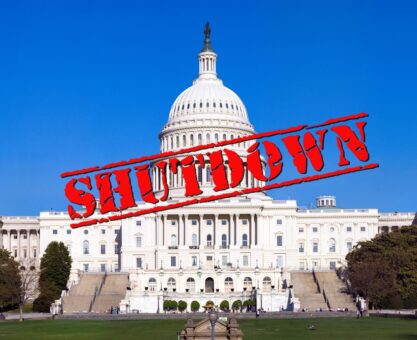In an ongoing legal battle over federal workforce restructuring, the Trump administration has refused to comply with a court order to disclose RIF plans, even as several agencies proceed with layoffs. On May 9, 2025, U.S. District Court Judge Susan Illston issued a temporary restraining order requiring the administration to submit RIF plans from 22 named agencies, as well as those approved by the Office of Management and Budget (OMB) and the Office of Personnel Management (OPM), by May 13, 2025. A preliminary injunction on May 23, 2025, further blocked the implementation of these RIFs and reorganizations, pending transparency on the plans.
The administration’s non-compliance intensified following the Supreme Court’s July 8, 2025, ruling, which invalidated Judge Illston’s sweeping injunction. Notably, the Supreme Court’s decision addressed only the scope of the injunction and did not rule on the legality of the underlying case brought by federal unions challenging the RIFs. Judge Illston’s order to disclose the RIF plans remains in effect, as it was not overturned by the Supreme Court.
Despite this, the Trump administration has withheld the requested documents. Government lawyers have argued that disclosing the RIF plans could “undermine executive authority and impede the administration’s ability to efficiently reorganize federal agencies.” They further contended that the plans contain “sensitive operational details” that, if released, could “disrupt ongoing agency functions and national priorities.” Instead of complying, the administration’s legal team announced plans to file a motion to dismiss the unions’ lawsuit entirely, signaling a strategy to avoid transparency while pursuing workforce reductions.
Adding to the controversy, several agencies have moved forward with layoffs, disregarding the ongoing legal proceedings. The administration’s appeal to the Ninth Circuit and subsequent Supreme Court request reflect efforts to sidestep Judge Illston’s disclosure order. Federal unions have criticized this approach, with one union representative stating, “The administration’s refusal to share RIF plans is a blatant attempt to evade accountability and silence workers’ rights.”
The standoff raises significant concerns about transparency and adherence to judicial oversight. As the administration pushes for dismissal of the case, federal employees remain in uncertainty, with unions vowing to continue their legal fight to protect workers and ensure compliance with the court’s directives. The outcome of this dispute could set critical precedents for executive authority in federal workforce management.


























